Potatoes are one of the most versatile and widely consumed carbohydrate sources worldwide. They are naturally rich in complex carbohydrates, which provide sustained energy.Whether used in boiled, baked, roasted, or mashed form, potato-based carbohydrates are essential for athletes, active individuals, and anyone seeking balanced nutrition. Understanding their nutritional profile, types, and preparation methods is key to maximizing their health benefits.
1. Nutritional Profile of Potatoes
Potatoes are nutrient-dense and provide a variety of macronutrients and micronutrients:
1.1 Macronutrients: Carbs, Protein, Fat
- Carbohydrates: 17–37 grams per medium potato (depending on size and type)
- Protein: 2–4 grams per medium potato
- Fat: Less than 0.5 grams (potatoes are naturally low-fat)
1.2 Vitamins and Minerals
- Vitamin C: Supports immune health and acts as an antioxidant
- Vitamin B6: Essential for metabolism and brain function
- Potassium: Regulates blood pressure and muscle function
- Magnesium and Iron: Support energy metabolism and oxygen transport
1.3 Fiber Content
- A medium potato contains 2–3 grams of fiber, mainly in the skin
- Fiber improves digestion, satiety, and blood sugar control
2. Types of Potato-Based Carbohydrates
Potatoes come in various types, each with unique nutritional and cooking characteristics:
2.1 White Potatoes
- Classic potato with starchy texture, ideal for baking and mashing
- High in complex carbs and resistant starch
2.2 Sweet Potatoes
- Naturally sweet, rich in beta-carotene, fiber, and antioxidants
- Slower-digesting carbs compared to white potatoes
2.3 Red/Yellow Potatoes
- Waxy texture, holds shape when boiled or roasted
- Moderate carb content, good for salads and stews
2.4 Fingerling & New Potatoes
- Small, nutrient-dense, low-to-moderate carb content
- Excellent for roasting or steaming
3. Starch and Carbohydrate Content in Potatoes
3.1 Total Carbs per Serving
- Medium white potato: ~37 grams of carbohydrates
- Medium sweet potato: ~27 grams of carbohydrates
3.2 Resistant Starch
- Some potatoes contain resistant starch, which acts like fiber
- Resistant starch improves gut health, insulin sensitivity, and satiety
3.3 Glycemic Index Variations
- White potato: GI 70–90 (high)
- Sweet potato: GI 44–61 (medium-low depending on cooking)
- Cooking method significantly affects the GI and digestion rate
4. Health Benefits of Potato-Based Carbohydrates
4.1 Energy for Daily Activities
- Complex carbs in potatoes provide long-lasting energy for work, exercise, or endurance activities
4.2 Digestive Health and Satiety
- Fiber-rich skins and resistant starch promote gut health
- Keeps you full longer, reducing unnecessary snacking
4.3 Blood Sugar Regulation
- Sweet potatoes and cooled potatoes (in salads) have lower GI, helping maintain stable blood sugar
4.4 Heart Health
- Potassium-rich potatoes support blood pressure regulation
- Low in fat, especially when not fried, making them heart-friendly
4.5 Weight Management
- Properly portioned potatoes promote satiety without excess calories
- Can be included in balanced diets for weight control
5. Potato Preparation Methods and Their Effect on Carbs
5.1 Boiled Potatoes
- Retain most nutrients and fiber
- Medium GI, especially when cooled (resistant starch increases)
5.2 Baked Potatoes
- Concentrates carbohydrates, slightly higher GI
- Great for pre-workout carb loading
5.3 Roasted Potatoes
- Delicious and nutrient-retaining if baked with minimal oil
- Adds flavor while keeping carbs intact
5.4 Mashed Potatoes
- Creamy texture; high GI if made with butter or milk
- Can spike blood sugar if consumed in large quantities
5.5 Frying
- Converts potatoes to high-fat, high-calorie food
- Increases GI and reduces overall health benefits
6. Incorporating Potato-Based Carbs in a Balanced Diet
6.1 Portion Sizes and Timing
- Medium potato per meal is sufficient for most adults
- Ideal pre-workout for energy or post-workout with protein for glycogen replenishment
6.2 Meal Pairing Ideas
- Pair boiled or baked potatoes with lean protein and vegetables
- Sweet potato mash with grilled chicken or tofu
6.3 Pre-Workout and Post-Workout Meals
- Pre-workout: Boiled or baked potato for sustained energy
- Post-workout: Combine with protein to replenish glycogen and aid muscle recovery
7. Potential Considerations and Common Myths
7.1 Carbs and Weight Gain Concerns
- Potatoes are not inherently fattening; weight gain occurs with excess calories and fried preparations
7.2 High Glycemic Index Misconceptions
- Cooking and cooling potatoes reduces GI via resistant starch formation
- Sweet potatoes and smaller portions have moderate GI
7.3 Allergies or Sensitivities
- Rare, but some individuals may have nightshade sensitivity (allergic reactions to potatoes)
8. Conclusion
Potatoes are a versatile, nutrient-dense source of complex carbohydrates. They provide:
- Sustained energy for daily life and athletic performance
- Fiber for gut health and satiety
- Potassium and vitamins for heart and metabolic health
With proper portioning and healthy preparation methods, potato-based carbohydrates are an excellent addition to a balanced, nutrient-rich diet.
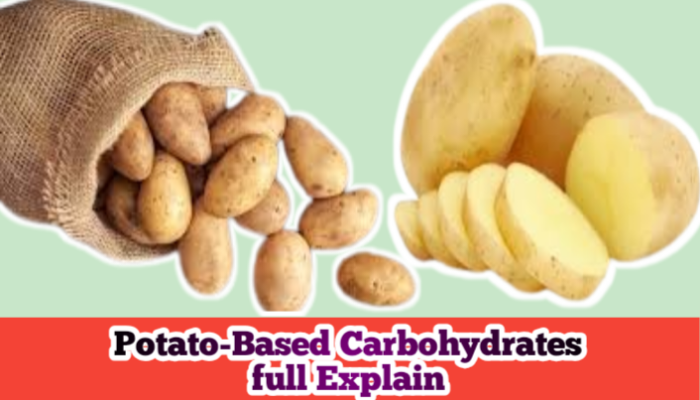



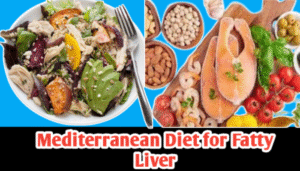
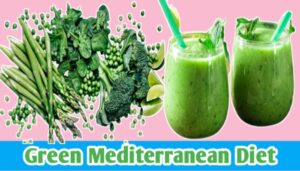
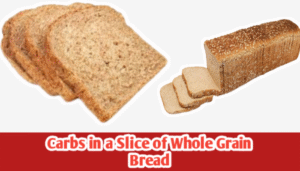
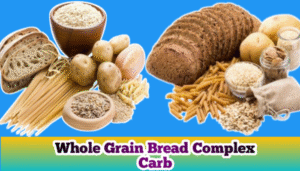
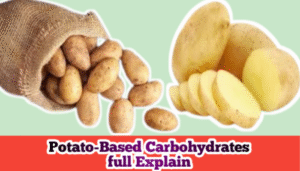
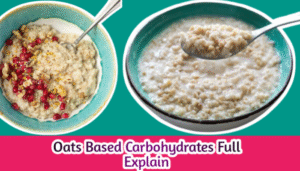

8po29d